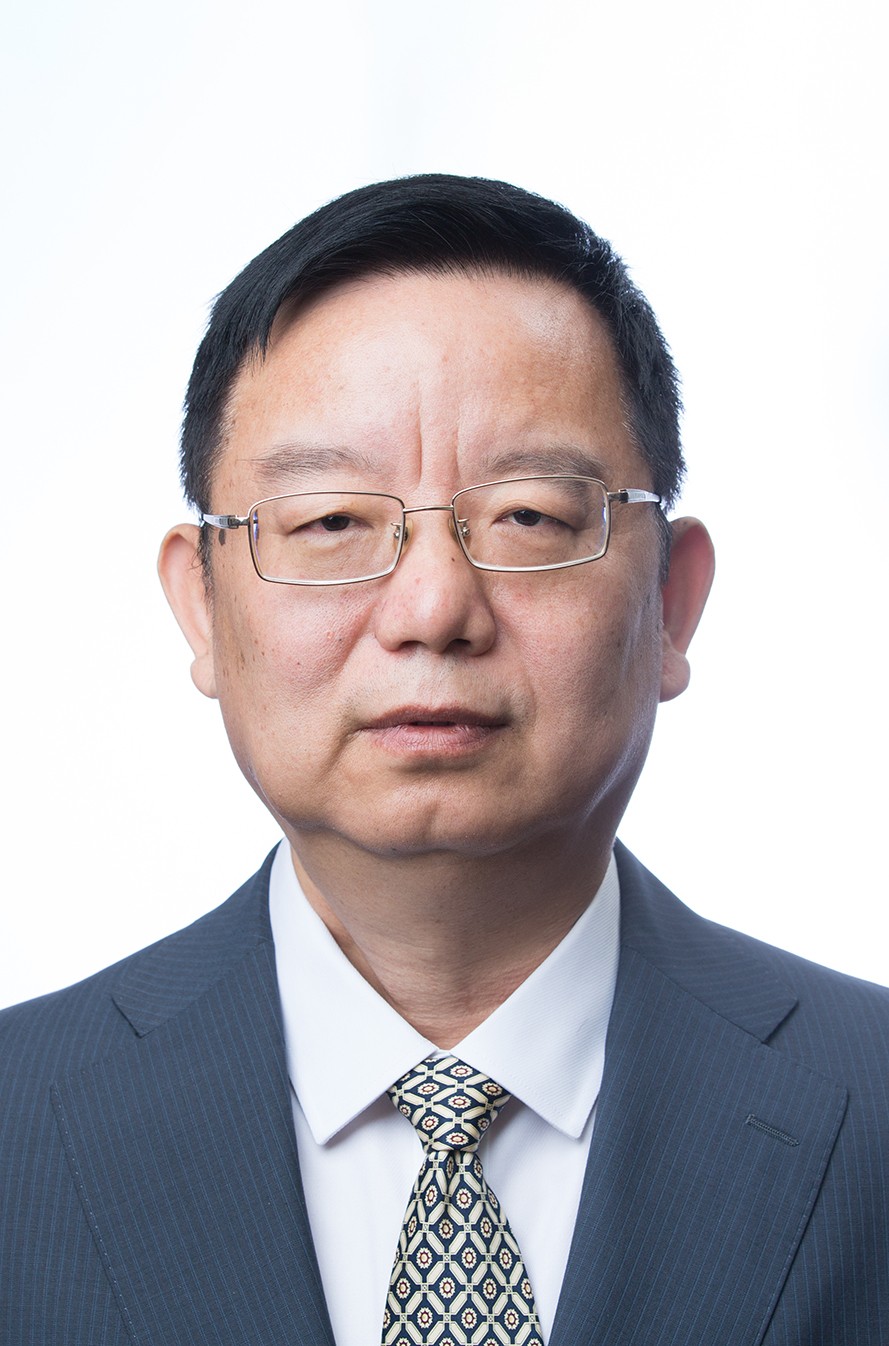
Heng Fan
Research Scientist (PI)
Professor
Institute of Physics, Chinese Academy of Sciences
Email: hfan@iphy.ac.cn
Career History:
B.S., Peking University, China, 1990
Ph.D, Northwest University, China, 1996
JSPS postdoctoral researcher, University of Tokyo, Japan, 1999-2001
Researcher, ERATO, Japan Science and Technology Agency, Japan, 2001-2004
Postdoctoral researcher, University of California Los Angeles, USA, 2005-2005
Professor, Institute of Physics, Chinese Academy of Sciences, Beijing, 2006-present
Research Interests:
Recent research focuses on quantum computation and quantum information, quantum theory and condensed matter physics.
Theory of quantum information and quantum computation. I am interested in the study of quantum correlations such as quantum entanglement and discord. I am also interested in quantum cloning machines, quantum algorithms, quantum cryptography, quantum error correction and fault tolerant quantum computation. The physical implementations of quantum information processing are also my research interests.
Besides concentrating on quantum information theory, I also collaborate with several experimental groups on the quantum information processing, testing fundamentals of quantum mechanics and some related topics such as ghost imaging and the study of 2D materials.
The interface of quantum information and condensed matter physics. Mainly, we try to use some concepts developed in quantum information theory to study problems in condensed matter physics. Our recent concentration is about the lattice models corresponding to fractional quantum Hall effects, the topological properties of quantum matter, cold-atom physics. In this field, the method of quantum information such as entanglement or entanglement spectrum is one choice of methods in our studying. High Tc superconducting is also one of our research topics.
Quantum metrology is one promising but independent research topic in quantum information. It aims to obtain the unprecedented precision of measurement beyond the classical methods. It concerns the ultimate limit in precision restricted only by quantum mechanics.
Quantum theory such as Bell inequality, no-signaling, uncertainty inequality and the fundamentals of statistics.
 中文
中文 Email
Email QCloud
QCloud Log in
Log in
